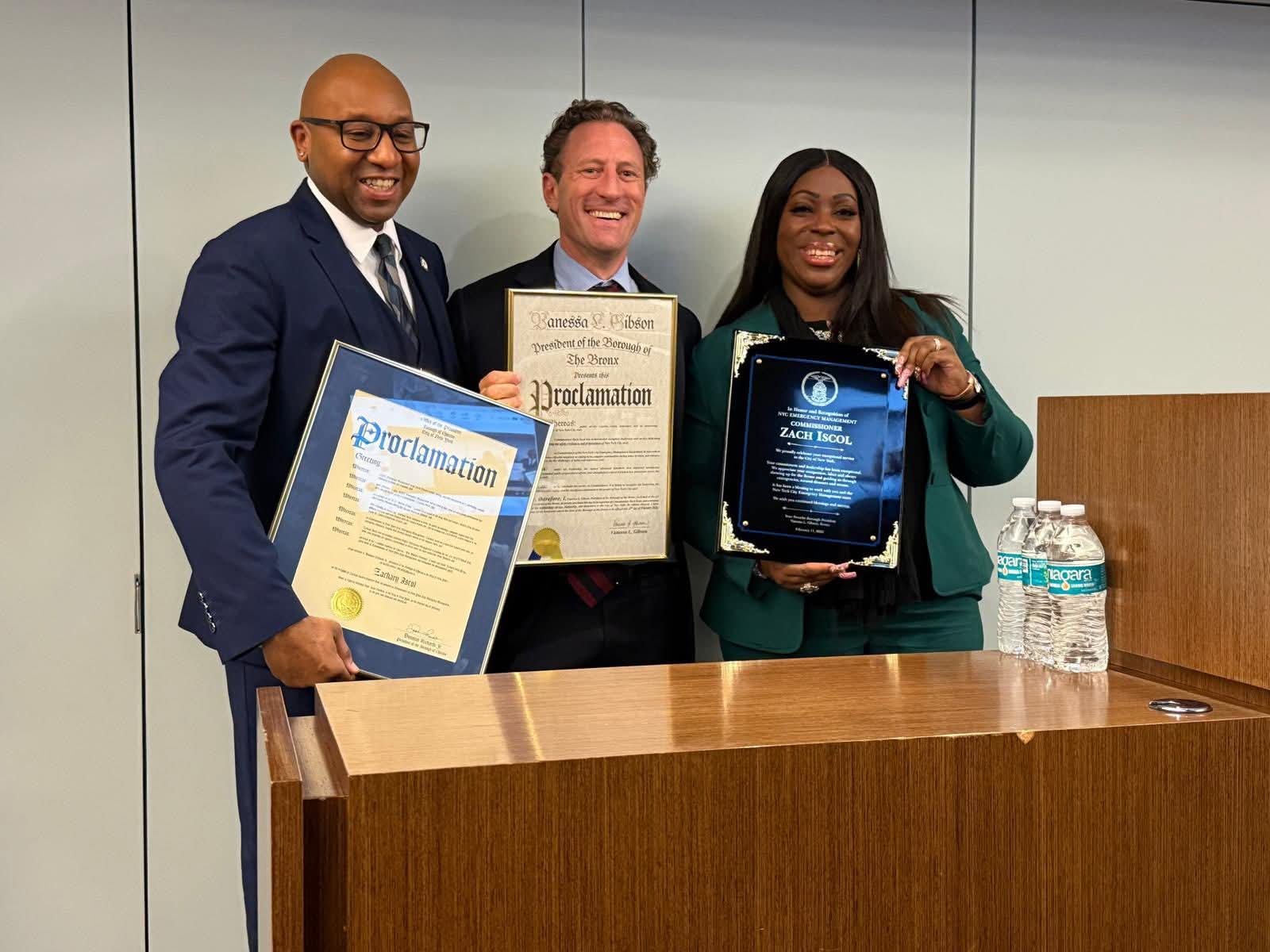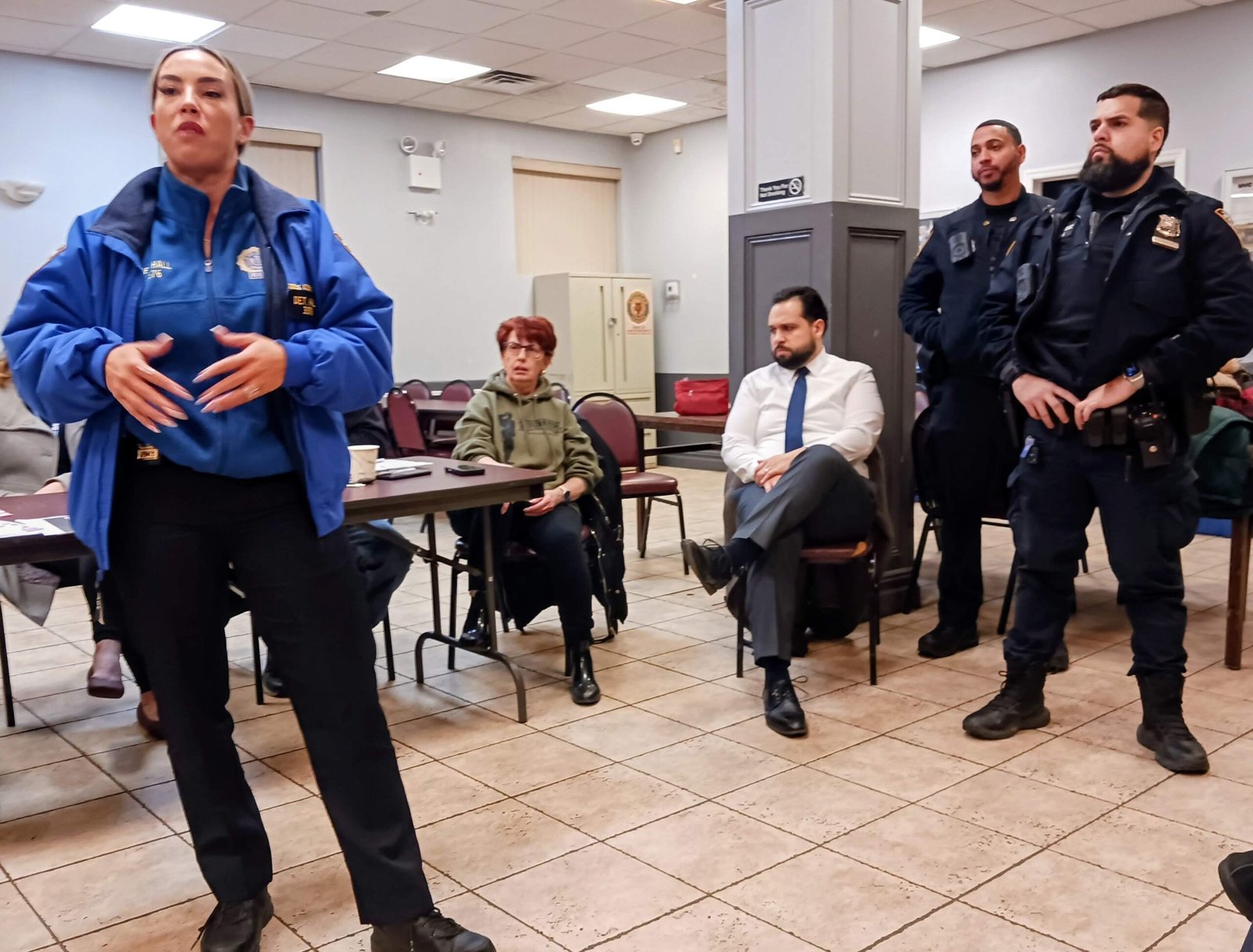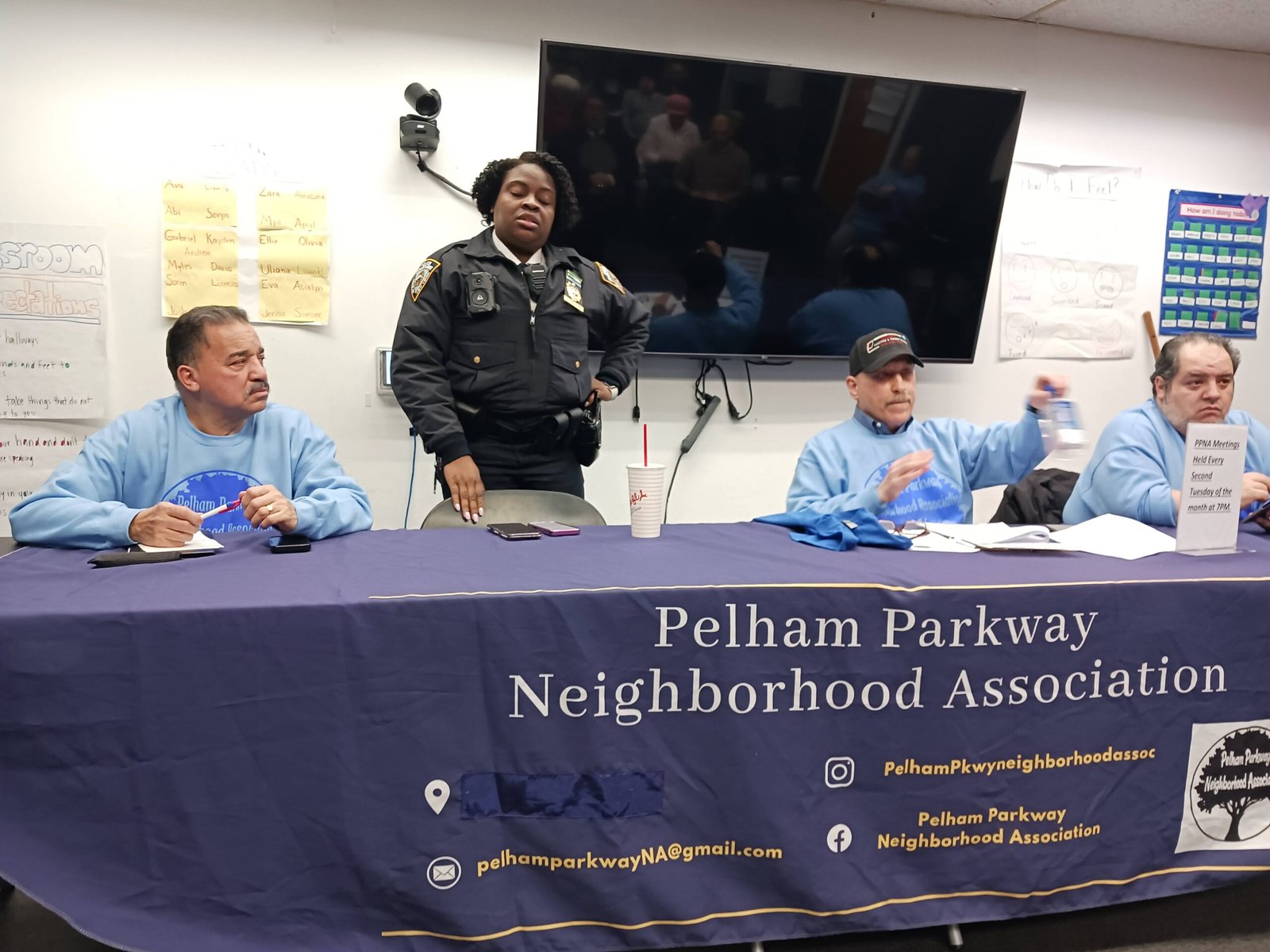
The New York City Council passed groundbreaking legislation aimed at addressing the longstanding legacy of slavery and racial injustices.
Spearheaded by the Commission on Racial Equity (CORE), this initiative marks a significant stride toward healing and reconciliation for the city’s diverse communities.
Linda Tigani, Chair and Executive Director of CORE, expressed the weight and significance of this legislation, stating, “We are not responsible for what breaks us, but we can be responsible for what puts us back together again. Naming the hurt is how we begin to repair our broken parts.”
This sentiment echoes the spirit of the legislation, which seeks to confront and rectify centuries of systemic discrimination faced by Black New Yorkers and the broader BIPOC community.
On September 12, 2024, the City Council approved two key pieces of legislation. Introduction 242-A, championed by Council Member Crystal Hudson, mandates CORE to initiate a Truth, Healing, and Reconciliation process that acknowledges New York City’s historical ties to slavery and its enduring effects.
Introduction 279-A, led by Council Member Farah Louis, tasks CORE with collaborating with experts to investigate the city’s involvement in racial injustices and explore reparative measures.
“The call for reparations, truth-telling, and healing has not gone unheard,” emphasized Tigani. “Centuries of deliberate policy decisions that have stripped Black New Yorkers and communities who are oppressed with the ability to thrive must be undone.”
This legislative effort aligns with the newly established NYC Charter Preamble, which acknowledges the “grave injustices and atrocities” in the nation’s history. Tigani reiterated the commission’s commitment: “To achieve justice, we must transform our systems. Racial bias, discrimination, and violence against Black New Yorkers and the entire BIPOC community must come to an end.”
CORE, an independent 15-member commission, plays a pivotal role in holding the government accountable for advancing racial equity. By regularly assessing the city’s progress and advocating for marginalized groups, CORE ensures that the voices of those most affected by systemic injustices remain central to their mission.
As Tigani concluded, “Passing Int. No, 242 and 279 is a call to action for all New Yorkers to renew their commitment to racial equity and social justice and to dismantle generational harm. Let us come together to build a greater New York City.”










